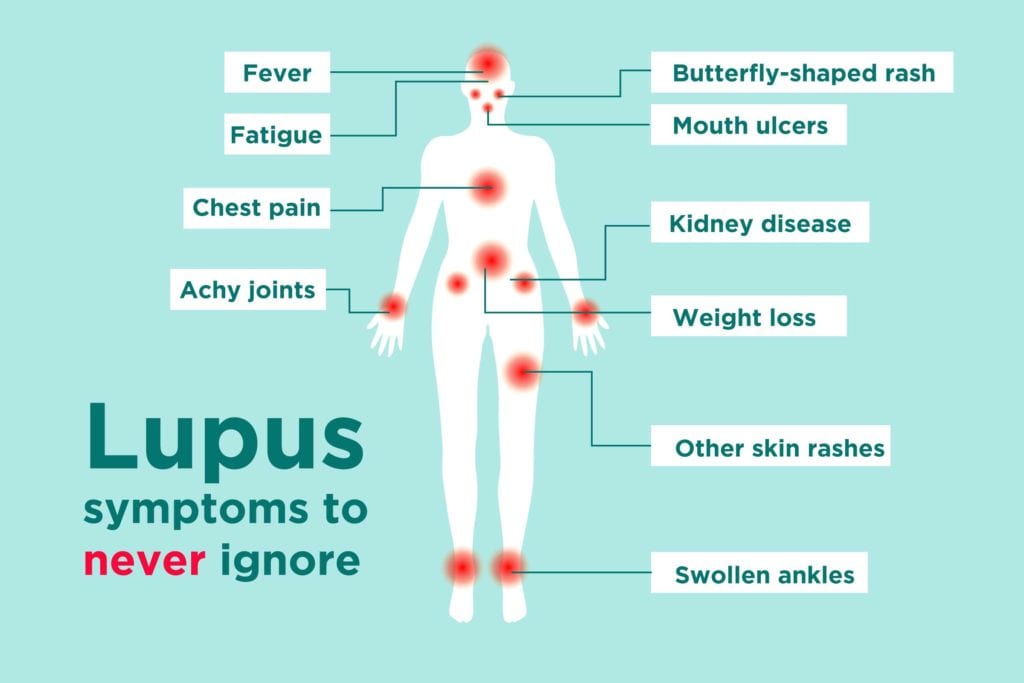Clearwater, FL (727) 734-6631
Oldsmar, FL (727) 263-0800

Lupus, also known as systemic lupus erythematosus (SLE), is an autoimmune disease in which your immune system mistakenly attacks your body’s organs and tissues. The attack by your immune system causes inflammation that may affect the structure or function of the tissues or organs.
Though the exact cause is still being researched, doctors theorize that the autoimmune disorder may develop from a combination of genetic and environmental factors, along with organ-specific characteristics.
Lupus is more common in women than men, and no single case of lupus is like another.
Lupus is a complex disease that is diagnosed by corroborating symptoms with a physical exam and blood tests. At Bay Area Rheumatology, the expert team is well versed at diagnosing autoimmune conditions like lupus. When you come in with concerns about an autoimmune disorder like lupus, they conduct thorough evaluations to get an accurate diagnosis.
During your assessment, the team reviews your symptoms, medical history, and family history. Then, they conduct a physical exam, looking for common signs and symptoms of lupus. If the treating provider suspects lupus, they run a series of blood tests to confirm a diagnosis.
© 2025 Bay Area Rheumatology. All rights reserved.